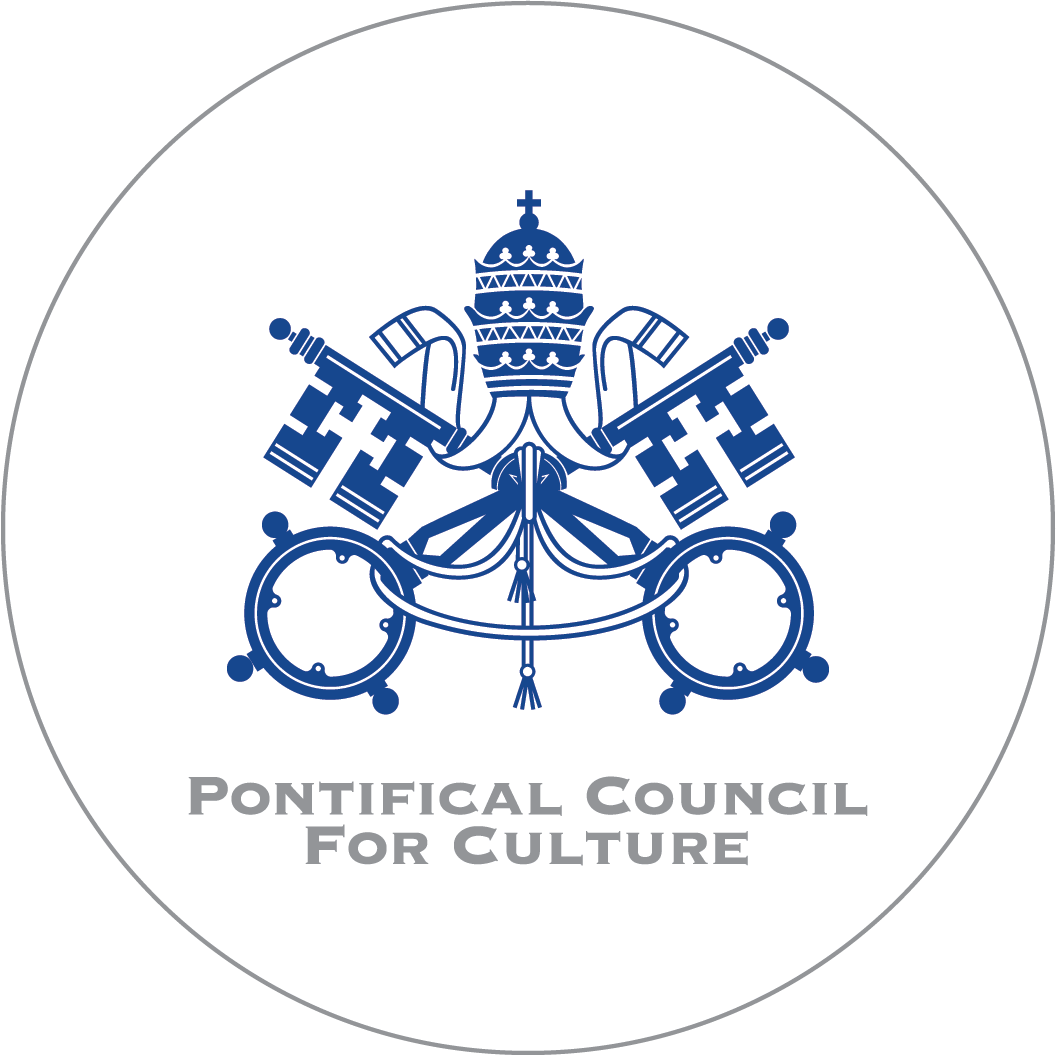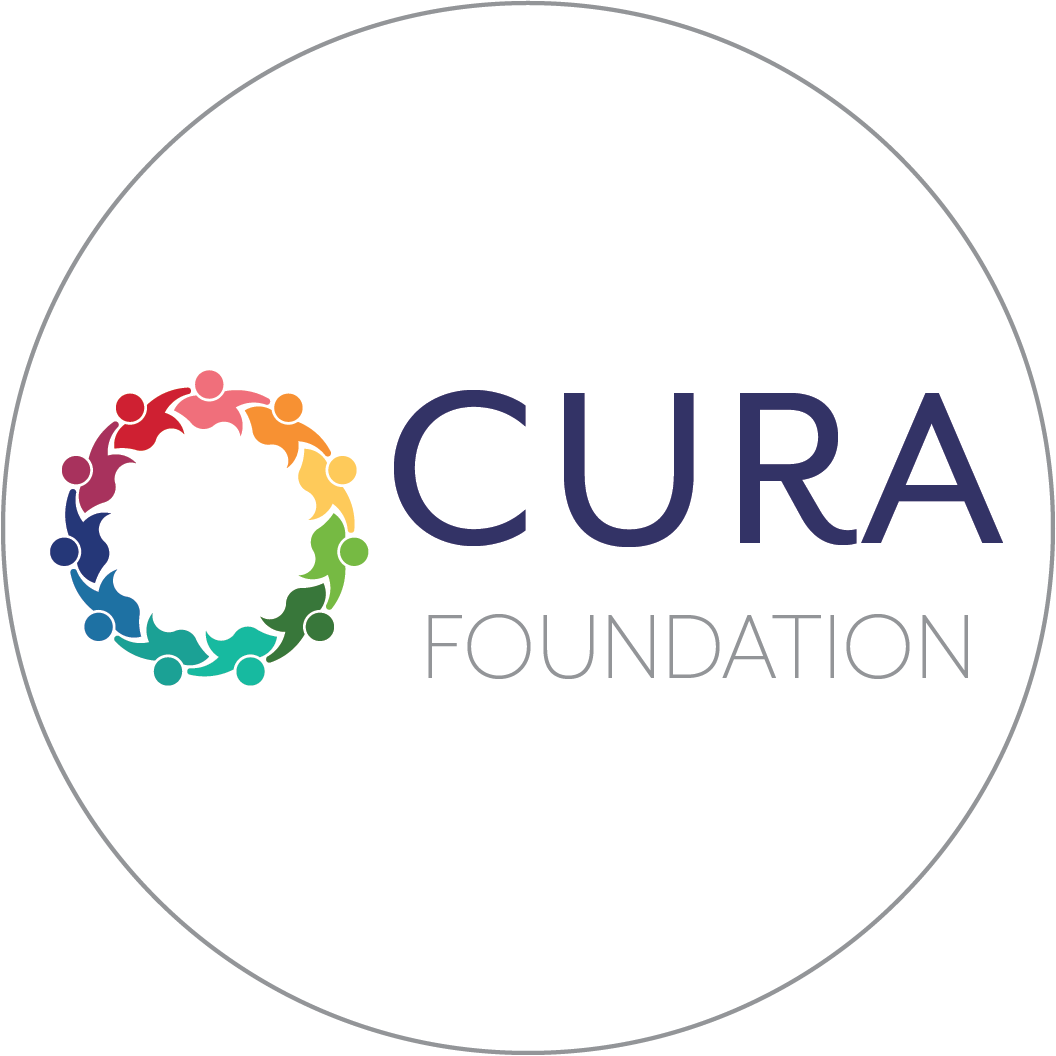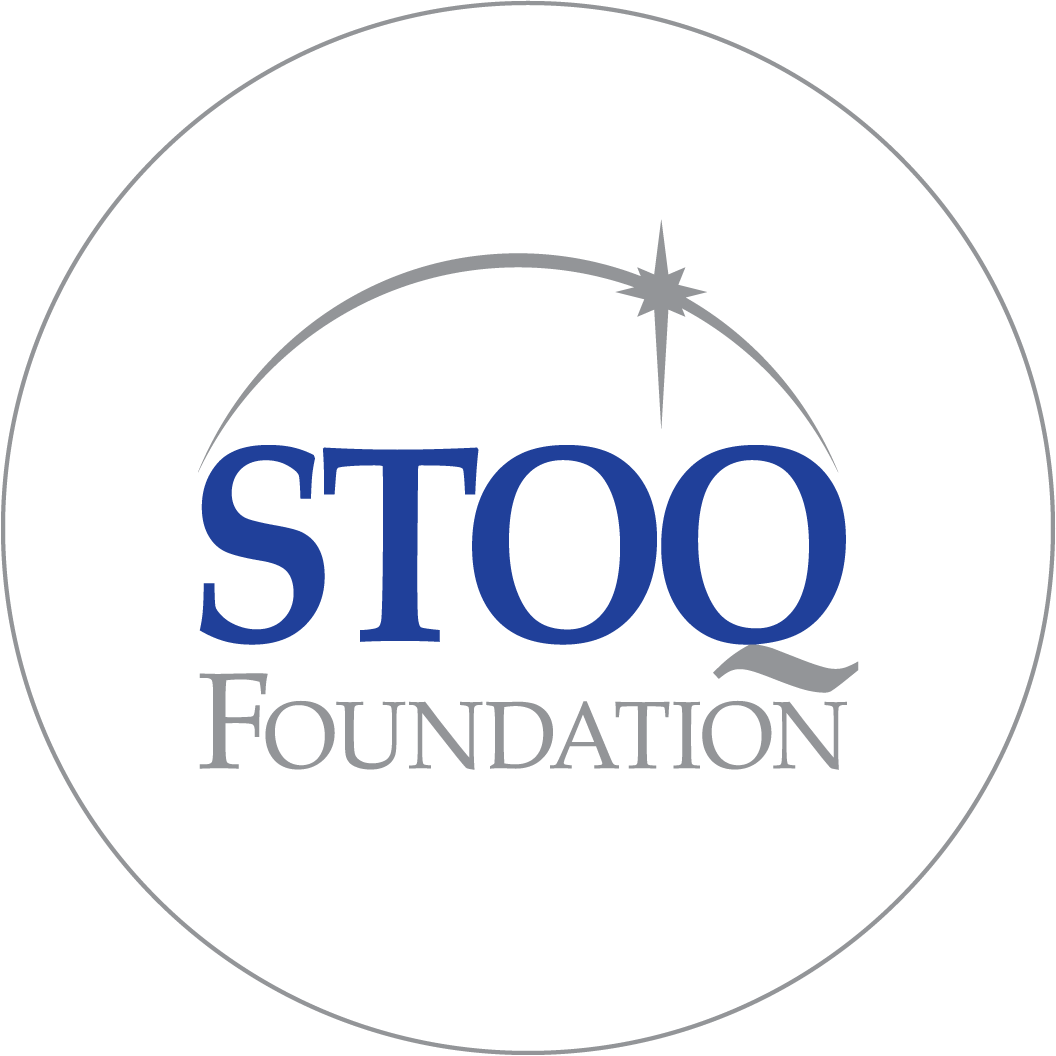Hosts

Vatican's Pontifical Council for Culture
The Pontifical Council for Culture traces its origins to the Second Vatican Council and its openess to contemporary culture. In its Pastoral Constitution, Gaudium et Spes, the Council Fathers expressed the needs of the Church to continually place itself at the forefront of the cultural needs of the world. It was a new period of history where a new humanism was arising and the Church, faithful to its own traditions, was aware of the universality of its mission, entering into communion with the different forms of culture, a communion that would enrich the Church as much as the cultures. The Pontifical Council for Culture is committed to the dialogue with many realities in the relationship between culture and faith.
The Science and Faith Department is the vehicle of the Pontifical Council for Culture’s engagement with contemporary science. This commitment is based on the firm belief that between science and faith not only is there no opposition, but there should also be a beneficial serene dialogue. The Christian faith when properly understood is a creator of culture and an inspiring source of science. For this reason, the Department of Science and Faith seeks further understanding of the phenomena of scientific and technological development and their possible influence on theological and philosophical thought to achieve the following objectives:
- Elaborate a cultural analysis of the development of natural sciences, enquiring after its impact on theological and philosophical reflection and on the cultural and social dynamics;
- Promote reciprocal cooperation in the sphere of the dialogue of science and faith with other Dicasteries and bodies of the Holy See, international Catholic organizations, ecclesial and secular institutions, universities and research institutes throughout the world;
- Encourage a greater commitment for the ideal of dialogue between science and faith and promote critical reflection on the frontier themes of interdisciplinary research for a renewed anthropology and for ethics, theology and philosophy of nature;
- Offer collaboration as a service to Episcopal Conferences and their bodies on themes relating to science and faith; and
- Promote initiatives to spread awareness through public conferences, congresses and study days, as well as publish books and educational volumes to support the Church in its pastoral and educational tasks.

The Cura Foundation
The Cura Foundation (“Cura” or the “Foundation”) is a nonsectarian, nonpartisan, public 501(c)(3) organization with a mission is to improve human health globally. Cura’s objective is to streamline health care delivery and optimize access to care to prevent and vanquish disease, reduce human suffering and increase the quality of life around the world. We aim to advance the development of breakthrough medical technologies, promote preventative measures, encourage interdisciplinary approaches to medicine, improve access to innovation and eliminate social disparities in health care.
We aim to break down the silos, facilitating partnerships and collaboration and encourage holistic approaches to health, examining the whole person and their mind, body and soul. Cura emphasizes the importance of providing accessible and affordable care sustainably and equitably while promoting innovation in health.
Cura coordinates with its subsidiaries – Stem for Life, Science, Theological and The Ontological Quest International (STOQ), and Cognitive Warriors – unique in their goals and approaches to the overall mission to unite to cure. The foundation raises public awareness and educates the next generation of thought leaders about innovations in medicine and promotes interdisciplinary dialogue between theologians, philosophers, and scientists.
We aim to create a global collaborative network to tackle major health issues and foster partnerships between scientists, physicians, regulatory agencies, ministers of health, patient advocates, physicians, ethicists, philanthropists, leaders of faith, government officials and industry personnel.
At Cura, we #UniteToPrevent and #UniteToCure.
Collaborators

The Science and Faith Foundation (STOQ)
The Science and Faith Foundation (STOQ) is a foundation under Vatican law promoted by the Pontifical Council for Culture. The identity and mission of the foundation have their main Magisterial references in the Pastoral Constitution, Gaudium et Spes, in the talks of St. John Paul II and Benedict XVI on the relations between science and faith, particularly in the Encyclical Fides et Ratio. The Foundation aims to give continuity to the activities of Project STOQ, which emerged from the collaboration between the Pontifical Council for Culture and Pontifical Roman Universities following the Galileo Commission and the Jubilee of Scientists in the year 2000. Among the aims of the foundation are research and study of the themes of dialogue between science, philosophy and theology; realization of conferences and other activities of high cultural and scientific value, even at the popular level; and publication of works of merit on the main arguments of the science–faith dialogue.

Stem for Life
Stem for Life, a Cura Foundation (“SFLF”) is a nonsectarian, nonpartisan, tax-exempt organization under Section 501(c)(3) of the Internal Revenue Code focused on creating a movement to accelerate the development of cell therapies. SFLF believes that cell therapy holds the promise to cure many of the world’s most debilitating illnesses as opposed to merely treating their symptoms. It represents a fundamental shift away from traditional drug treatment in favor of looking inside ourselves to understand and then amplify our bodies’ natural repair mechanisms. SFLF is firmly committed to advancing cell therapy research and development and its applications to improve the everyday lives of everyday people. To further this end, SFLF raises awareness and supports research and development efforts. SFLF was established in 2007. Expanding the foundation’s original focus on adult stem cell therapy alone, the foundation’s board of trustees and staff are deeply committed to the considerable promise to improve human health, increase the quality of life, and enhance patient care offered by the broader field of cell therapy.
